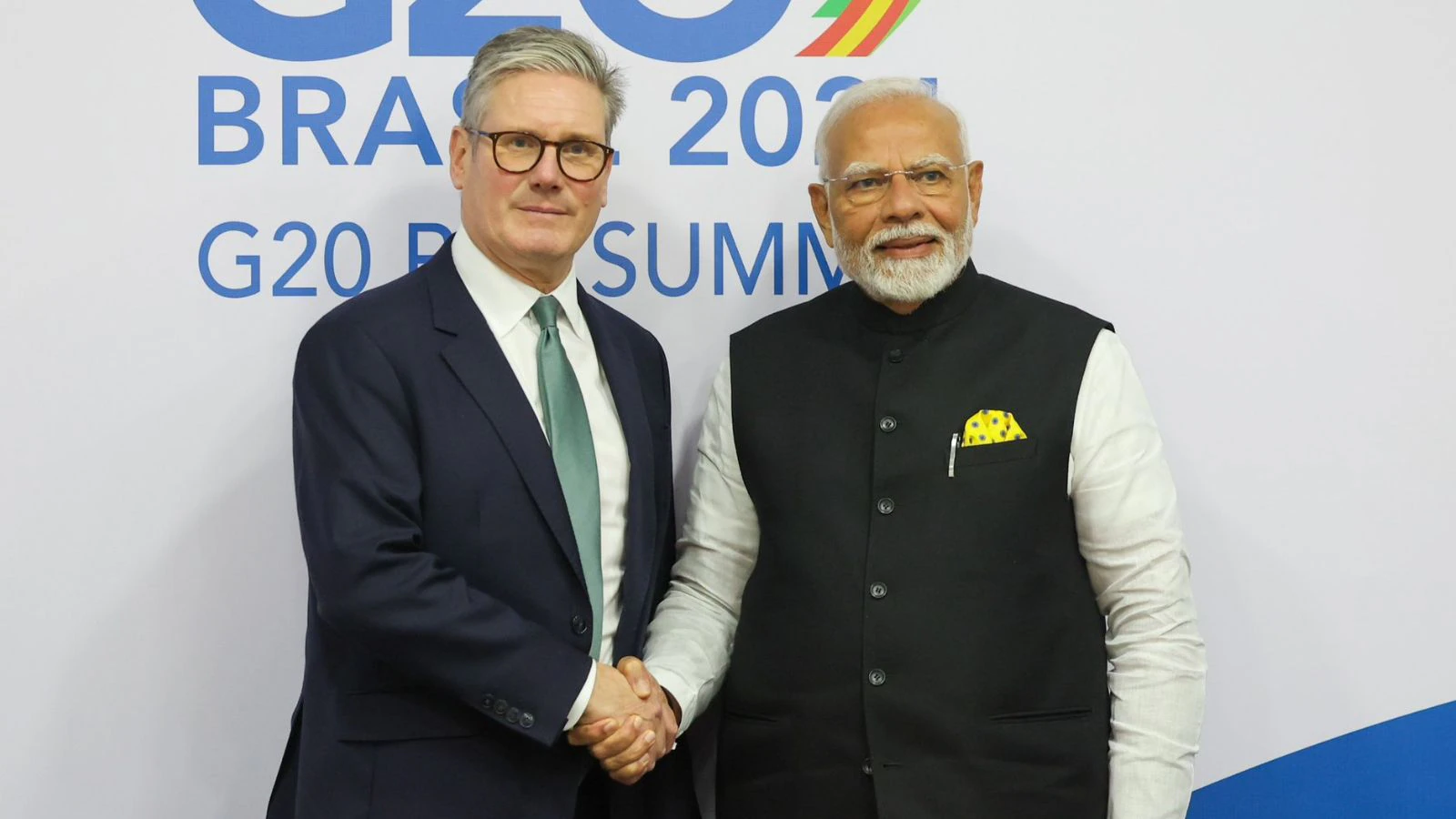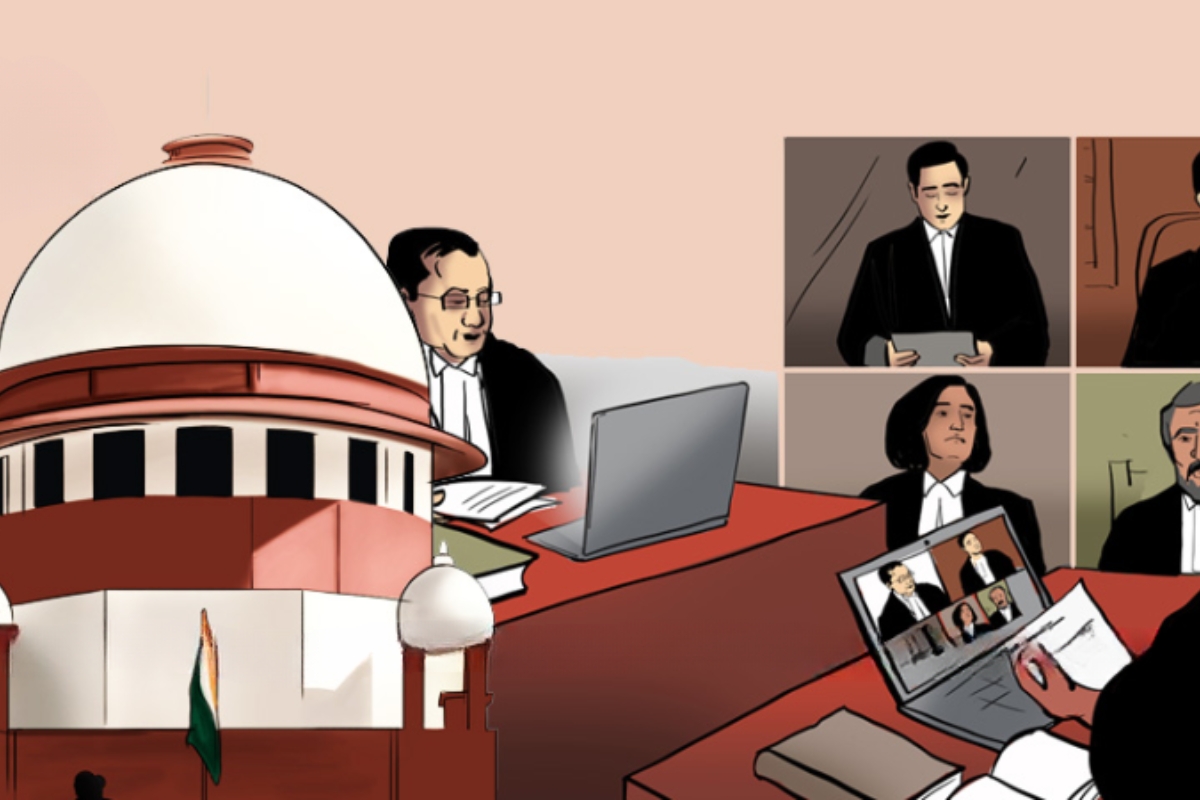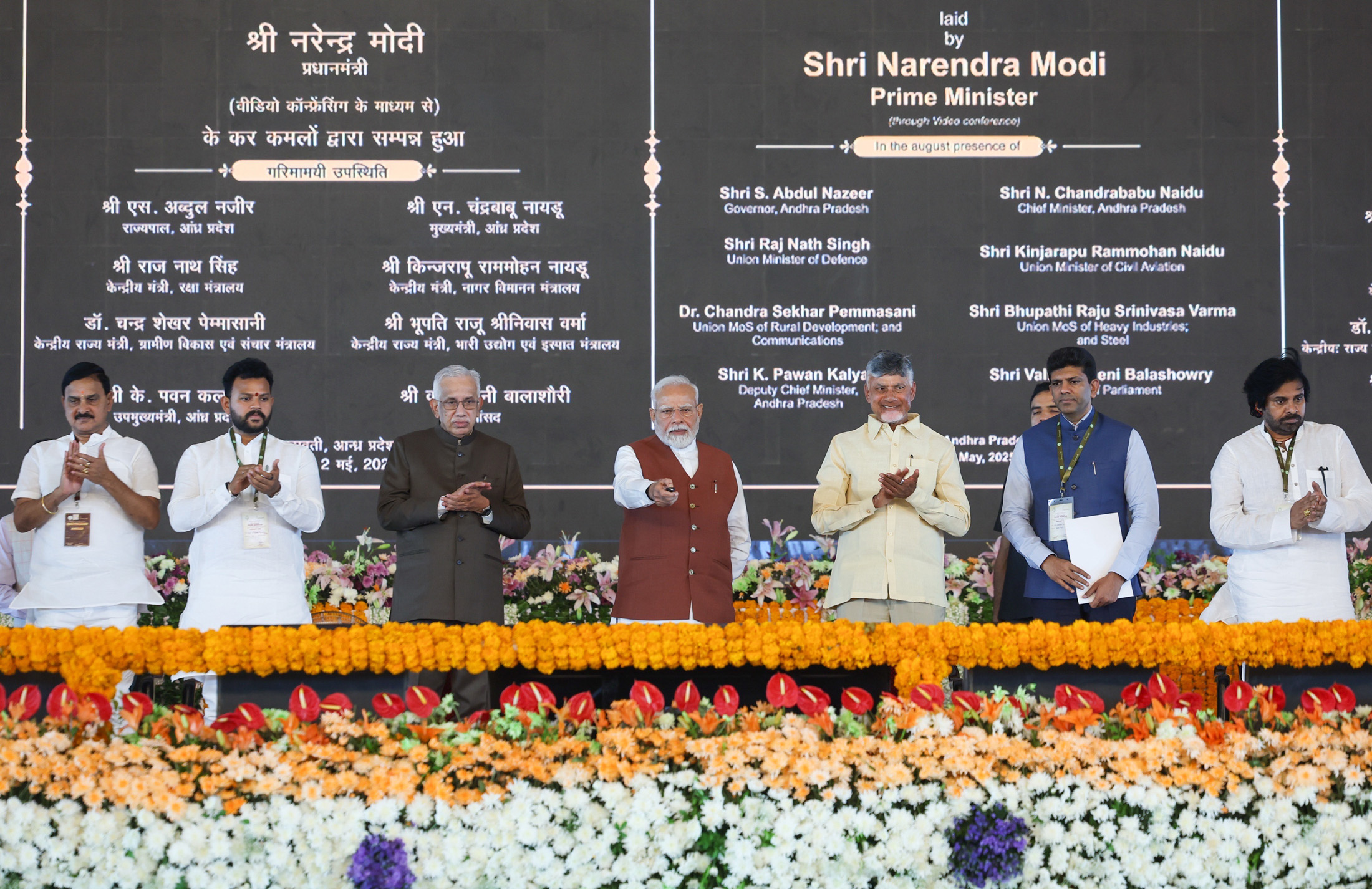- Courses
- GS Full Course 1 Year
- GS Full Course 2 Year
- GS Full Course 3 Year
- GS Full Course Till Selection
- Online Program
- GS Recorded Course
- NCERT (Recorded 500+ Hours)
- Polity Recorded Course
- Geography Recorded Course
- Economy Recorded Course
- AMAC Recorded Course
- Modern India, Post Independence & World History
- Environment Recoded Course
- Governance Recoded Course
- Science & Tech. Recoded Course
- International Relations and Internal Security Recorded Course
- Disaster Management Module Course
- Ethics Recoded Course
- Essay Recoded Course
- Current Affairs Recoded Course
- CSAT
- 5 LAYERED ARJUNA Mentorship
- Public Administration Optional
- ABOUT US
- OUR TOPPERS
- TEST SERIES
- FREE STUDY MATERIAL
- VIDEOS
- CONTACT US
MINISTRY OF POWER NOTIFIES CARBON CREDIT TRADING SCHEME (CCTS)
MINISTRY OF POWER NOTIFIES CARBON CREDIT TRADING SCHEME (CCTS)
-1688818764545.png)
Latest Context
A carbon credit trading market will be established under CCTS 2023 as the nation works to decarbonize its economy and pledges to reduce emissions by 45 percent from 2005 levels by 2030.
- The Energy Conservation (Amendment) Bill 2022 revised the Energy Conservation Act 2001, which was the law under which CCTS was initially introduced.
Key highlights of CCTS
- Establish a National Steering Committee (NSC), also known as the Indian Carbon Market Governing Board (ICMGB), under the direction of the secretaries of electricity and the environment, to monitor and manage the operations of the Indian Carbon Market (ICM).
- As the market's administrator, the Bureau of Energy Efficiency (BEE) would set emission reduction goals, issue carbon credit certificates, and accredit organisations that verify carbon emissions.
- All trading activity will be regulated by the Central Electricity Regulatory Commission (CERC).
- India's Grid Controller will serve as the ICM registry.
What is Carbon Credit?
A carbon credit is a tradable permit that certifies a certain quantity of carbon dioxide emissions, or the equivalent amount of another greenhouse gas.
- It represents the atmospheric removal, reduction, or sequestration of one tonne of carbon dioxide.
What is Carbon Credit Trading Scheme (CCTS)?
The central government's programme to reduce or eliminate greenhouse gas (GHG) emissions is referred to as the "CCTS."
Background of CCTS
The Energy Conservation (Amendment) Bill, 2022, was approved by the parliament. This amendment introduced a clause that gave the federal government the authority to "specify carbon trading scheme" after consulting with the Bureau of Energy Efficiency (BEE).
Features of CCTS
- ‘Accredited carbon verifier’: It is an organisation that has received BEE accreditation to do validation or verification tasks related to the CCTS.
-
Setting up of the Indian Carbon Market Governing Board (ICMGB):
- for regulating, enforcing laws for the Indian carbon market, prescribing policies for the sale of carbon credit certificates outside of India, and doing other supervision tasks.
- The ex-officio co-chairmen of ICMGB would be the secretaries of the environment.
- Per year, the ICMGB must convene at least once per quarter.
- The Bureau of Energy Efficiency will serve as both the ICMGB's secretariat and the administrator of the Indian carbon market.
- The register for the Indian Carbon Market will be The Grid Controller of India Ltd.
- The Indian carbon market's trading operations would be regulated by the Central Electricity Regulatory Commission (CERC).
Types of carbon markets
- Voluntary markets: Issuance, buying and selling of carbon credits, on a voluntary basis.
- Compliance markets: created to comply with a law.
Features of The Energy Conservation (Amendment) Bill 2022
- Creates guidelines for the creation of carbon markets in order to promote carbon trading and lower carbon emissions.
- Requires the use of non-fossil fuels for energy and feedstock, including ethanol, biomass, green hydrogen, and green ammonia.
- Creates an Indian domestic carbon market.
- Ensures energy efficiency by bringing big residential structures under the Energy Conservation regime.
- Broadens the application of the Energy Conservation Building Code in order to encourage energy efficiency in buildings.
- Penalties are changed to guarantee that energy saving practises are strictly enforced.
- Increases the number of people on the Bureau of Energy Efficiency (BEE)'s governing council to improve the agency's capabilities.
- Enables the State Electricity Regulatory Commissions to establish rules for the efficient performance of its energy conservation-related duties.
- Enables the use of clean energy to be mandated in order to support sustainable energy practises, including the usage of green hydrogen.
Must Check: IAS Coaching Centre In Delhi



